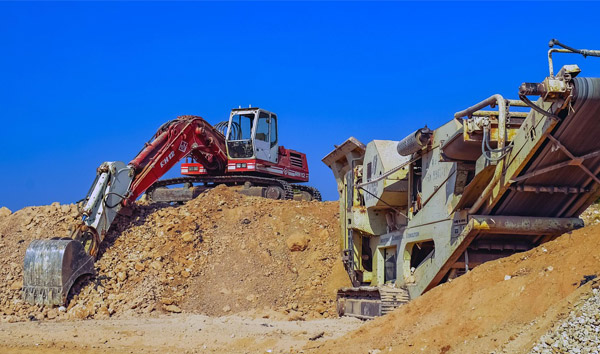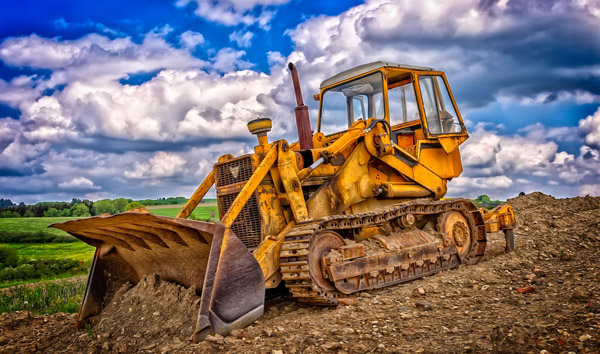Revolutionizing Efficiency: Advanced Loaders in Modern Road Construction
2025-07-04 04:05:21
The construction industry has witnessed a paradigm shift with the adoption of advanced loaders for road construction projects. According to a 2023 report by the Global Construction Equipment Association, loader utilization has increased by 18% year-over-year, driven by their versatility in material handling and earthmoving. These machines are now indispensable in tasks ranging from aggregate loading to site preparation, ensuring seamless workflow optimization.
Modern loaders for road construction projects are equipped with cutting-edge technologies such as GPS-guided automation and fuel-efficient hybrid engines. A study by McKinsey & Company highlights that automated loaders reduce operational downtime by 27%, while hybrid models cut fuel consumption by up to 30%. These advancements not only lower carbon footprints but also align with stringent environmental regulations, making them a preferred choice for sustainable infrastructure development.
The economic impact of loaders in road construction cannot be overstated. Industry data from Caterpillar Inc. reveals that contractors using high-capacity loaders report a 22% reduction in project timelines, translating to cost savings of approximately $150,000 per project. Their ability to handle heavy loads with precision minimizes manual labor requirements, further driving down expenses.
Safety remains a top priority in road construction projects, and loaders are playing a pivotal role in mitigating risks. The Occupational Safety and Health Administration (OSHA) notes a 40% decline in worksite accidents where automated loaders are deployed. Features like 360-degree cameras and collision avoidance systems ensure operator awareness, reducing the likelihood of hazardous incidents.
Looking ahead, the future of loaders for road construction projects is poised for further innovation. Emerging trends include AI-powered predictive maintenance and electric loaders with zero emissions. As the industry continues to evolve, these machines will remain at the forefront of efficiency, sustainability, and safety in infrastructure development.














